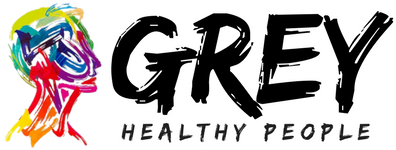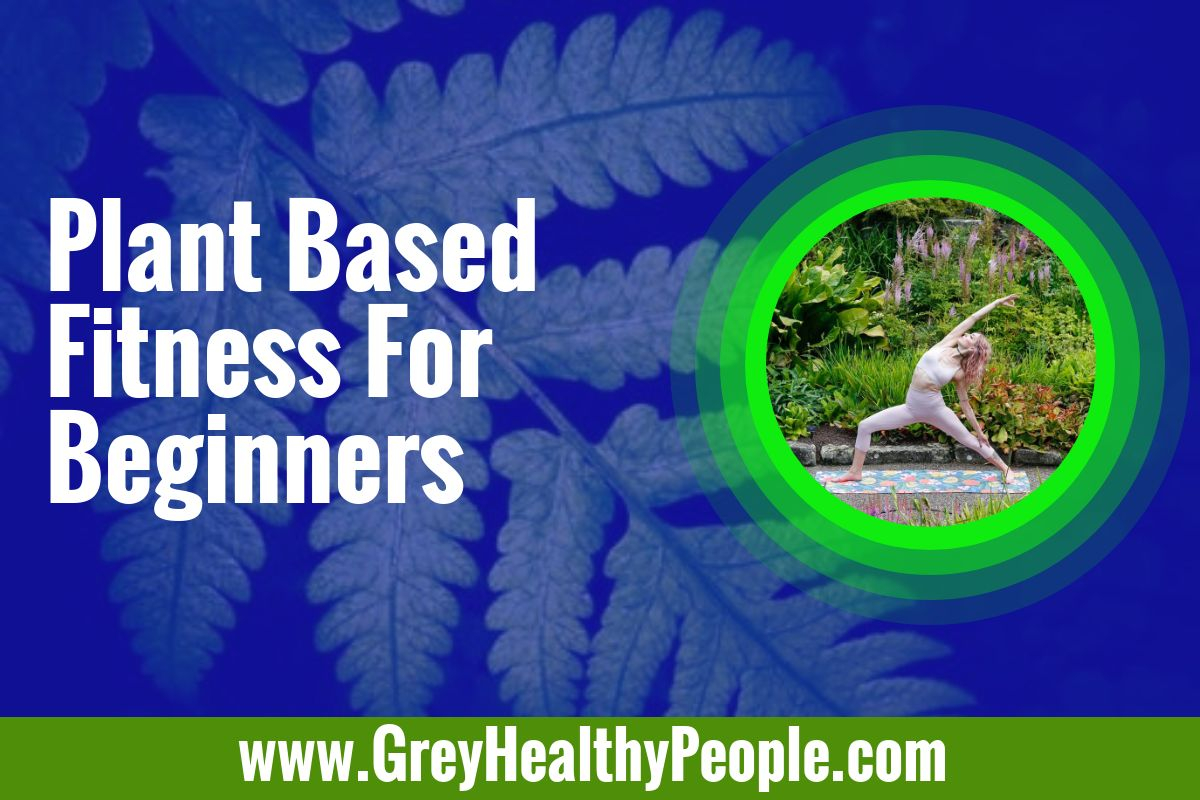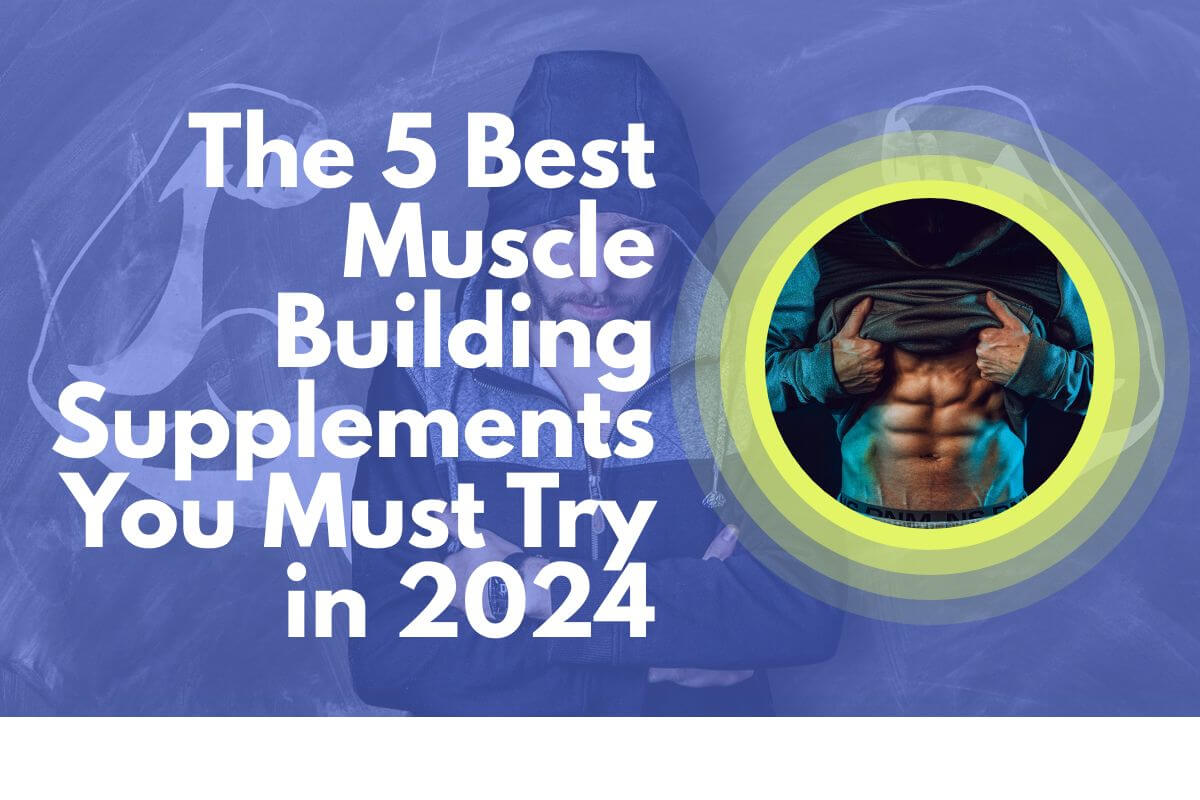Recent research has clearly shown the benefits of adopting a plant-based diet as opposed to a non-veg diet.
The plant-based, or as it is called a vegan diet, provides the person with a significant boost of energy and faster recovery time after a workout.
Whether you are switching to a plant based fitness for environmental, ethical, or health reasons, one thing is sure and that is you are on the right track.
If followed with diligence and discipline, a vegan diet can also help one lose a few pounds and improve their blood sugar levels.
The vegan diet comes in varieties such as starch form, whole-foods vegan diet, thrive diet, and raw-food vegan diet.
However, with diet also comes the right exercise regimen for maximum utilization of the food for the best results.
With that said, let us check some of the best fitness tips to get the maximum benefit.
Choose Low frequency, low intensity, and Short Duration Workouts
- You need to start slow when adapting exercise regimen on a vegan diet. It will help you build muscle strength over time and provide quick recovery. We recommend you choose low-intensity workouts.
- It means you need to follow a maximum of 30 to 45 minutes of each exercise session and lift weights with fewer repetitions.
- An optimal level of exercise will help you in gaining muscle without pressurizing the body too much.
- Some exercises that you can include are swimming, light walking, general chores, including mopping, vacuuming, and beginner’s yoga.
Consume the Right Pre-Workout Foods
- For the maximum benefit, make sure to include the essentials to provide the body with the right food. It will help better your performance during exercise and keep you energized until the end.
- Remember to keep carbs as the focus before starting the exercise. For vegan fitness, make sure to follow the intake of food light. It will help you avoid any stomach cramps during the training.
- We recommend you include dates, which are an easy snack to munch before heading out to the gym. These will provide a burst of glucose to keep you filled with energy during the session.
Consume Vegan Vitamins
- At times during your journey of a vegan diet, you might find that having the proper amount of Vitamin B-12 is a bit hard.
- Unfortunately, this vitamin is available in animal products, including liver, eggs, and fish.
- Remember that Vitamin B-12 plays a vital role in producing energy to keep you working out without any hassle.
- Make sure you have vegan vitamins to cover the deficiency of this vitamin, as it will cause feelings of tiredness.
Take an Extra Day Off From Exercise
- Sometimes, the excitement of hitting the weights outweighs the importance of taking rest to keep fit.
- It is vital to provide the muscles with rest to recover, so the body is ready to hit the gym and perform better than the last time.
Make sure to stay relaxed and avoid any exercise on the rest days. You can connect with a vegan fitness coach to get the complete details on your journey to go vegan.
Choose the Post-Workout Meal Carefully
- In case you are facing a dilemma in how to recover from exercise, then it is an issue concerning the post-workout meal.
- Firstly, you need to work on the recovery meal within at least 15 to 60 minutes of the workout. The reason being it is the time when the muscles begin the repair muscles.
- Lastly, make sure to include carbs and proteins in the post-workout meals.
What About The Diet
We know many have heard the notion that consuming more vegetables and fewer animal products is always healthy.
With the decision to move ahead with vegan fitness, you are all ready to consume a purely vegetarian diet to lose weight or improve your health.
It is one thing consuming a purely vegetarian diet, including legumes, whole grains, vegetables, and fruits; but it needs meticulous planning. In short, we do not want that you replace animal products with processed vegan foods. With that said, let us look at some of the best vegan dieting options.
Vegetables
- The majority are stuck on what they should not eat while on a vegan diet instead of what they should eat.
- However, one should remember that a good meal does not have to keep meat at its center.
- On any given day during your vegan diet, vegetable meals will always remain the winner. These contain essential vitamins and minerals, which help to keep the calories in check.
Whole Grains
- It is time you swap that white pasta and bread for whole grains for getting iron and Vitamin B with the vegan diet.
- The extra fiber from the whole grains will ensure the stomach remains full and can help with losing that extra weight.
- Make sure to stock up on whole grains when going to start a plant-based fitness for gaining maximum benefits.
Omega-3
- At times, even with a whole lot of healthy vegan food, some nutrients would be hard to get from the regular diet.
- Remember to consume Omega-3 fatty acids, especially DHA and EPA, which help with the normal functioning of the brain, heart, and eye.
- Another source of Omega-3 from the vegan diet includes flaxseed, walnuts, soy, and canola oil. You can also include soymilks and breakfast bars that contain DHA.
- Lastly, remember to take supplements containing both the Omega-3 fatty acids.
Iron
- Although, animal protein, including meat and chicken, are the best source of iron, we are talking about adopting a vegan lifestyle.
- Vegans can still get this nutrient from beans, legumes, and leafy greens. Nevertheless, one should know that the body does not consume iron from plant sources that easily.
- Make sure to consume iron-rich foods having Vitamin C, which will boost its absorption.
Endnote
In the end, when you choose plant based fitness instead of a meat-based diet, you are not only contributing to a better environment but also your own body. It provides the same boost and better recovery time as compared to an animal-based diet.




